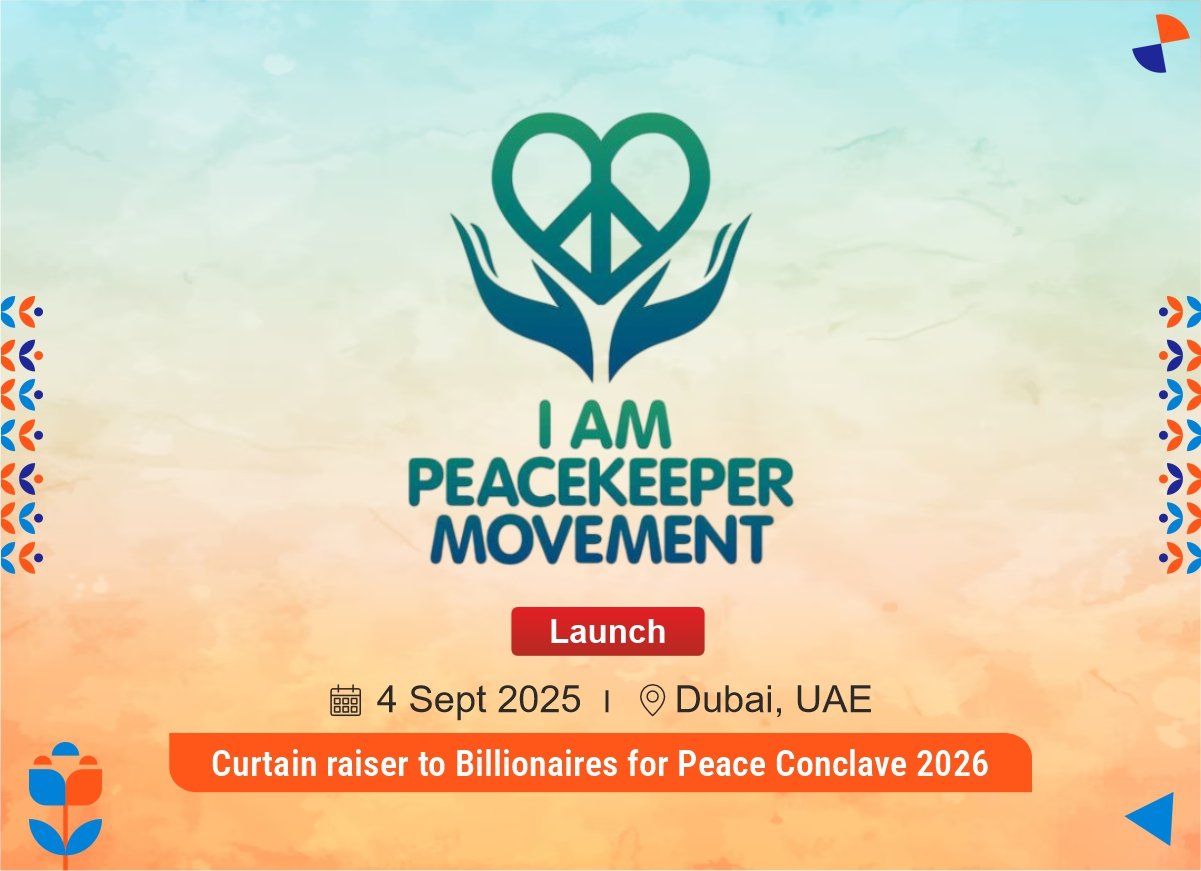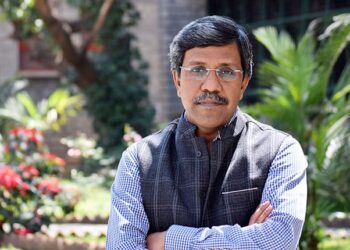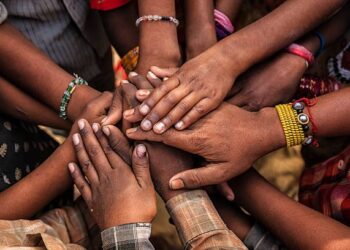On World Blood Donor Day, it is pertinent to take stock of India’s ongoing blood crisis. Amidst the burgeoning requests for oxygen cylinders and hospital beds, the blood crunch continues unabated. Even before the COVID-19 pandemic, India had a perpetual gap meeting its demand for blood. The fundamental hurdle in this regard is the low rate of voluntary blood donation (VBD) in the country. In contrast to its aspiration of 100 % VBD by 2020, only around 70 % is achieved through VBD. The pandemic has further worsened the situation.
Blood transfusion is a common medical procedure that saves lives every minute. Therefore, maintaining safe and effective practices concerning the collection, storage and usage are critical. Patients with sickle cell disease and thalassemia or emergencies such as post-partum hemorrhage or accident injuries require a steady supply of safe blood. Unfortunately, the availability of blood has been seriously inhibited due to the conditions created by the pandemic. There has been a decline and, in many cases, a complete absence of blood camps during this period. In addition, there are several myths plaguing blood donation that has discouraged blood donation.
One of the most common myths is that blood donation reduces the blood in our body and adversely impacts the immune system. Another reason for hesitance is the misconception that it is a time-consuming process that comes with the risk of contracting infections, including HIV. It is assumed that people with diabetes, hypertension, and smokers cannot donate blood. Further, some believe that blood banks take excess blood, which harms the donor. However, a standard 350ml – 450 ml of blood is taken per session.
It is necessary to dispel these myths through awareness campaigns, and at the same time, educate the masses regarding the benefits of blood donation. Studies have shown that blood donation have benefits such as lowering risk of heart attack and reduction of the oxidative stress. This awareness-building needs to start at a young age. Therefore, the education curriculum must incorporate information on voluntary blood donation and sensitize young minds on the essential humanitarian nature of voluntary blood donation. It would be a significant step towards the self-sufficiency of blood in India. Few state governments like Kerala are already doing this. Other states can create localized and contextual curriculum that addresses blood shortage and safety, builds awareness on the need for committed voluntary donations, and busts myths and taboos pertaining to blood donation.
Corporations have an integral role in enabling blood sufficiency in India. Terumo Blood and Cell Technologies organizational purpose has hinged on our responsibility towards improving our community’s health and other social determinants. We have sensitized the communities around our plant in Kerala to donate blood voluntarily and mobilized blood donation camps to translate that into action. To enable access to healthcare, financial support has also been provided to hemophilia and thalassemia patients in Always, Kerala, and Bengaluru, Karnataka. Keeping in mind the importance of awareness generation on the subject, our organization has regularly coordinated various competitions for students in schools and colleges to promote the culture of voluntary blood donation. As part of these awareness campaigns, we have distributed Information, Education and Communication(IEC)materials, posters, and voluntary blood donation leaflets in the local community to further the message of voluntary blood donation.
One of our key learnings has been that garnering community support, trust, and commitment is an effective way to increase participation in voluntary blood donations. Therefore, we see a huge opportunity for private sector companies to come together and collectively work towards addressing the demand-supply gaps around blood. Suppose all corporations take up the responsibility to educate citizens in their communities and build community champions for voluntary blood donation. In that case, it could exponentially support plugging the blood shortage situation in India.
This will build a steady and reliable supply of blood, ensure safe blood transfusion, and remove the onus on patients to find blood. A sustainable blood ecosystem would only require 1 % of India’s population between 18-60 years to donate blood. The importance of voluntary blood donation must be indoctrinated in the mindset of the eligible population so that they can be the champions of social change. Voluntary blood donation is an altruistic activity and gives the gift of life to someone in need. On World Blood Donation Day, we must urge all fellow citizens to come forward to donate blood to save lives.





















